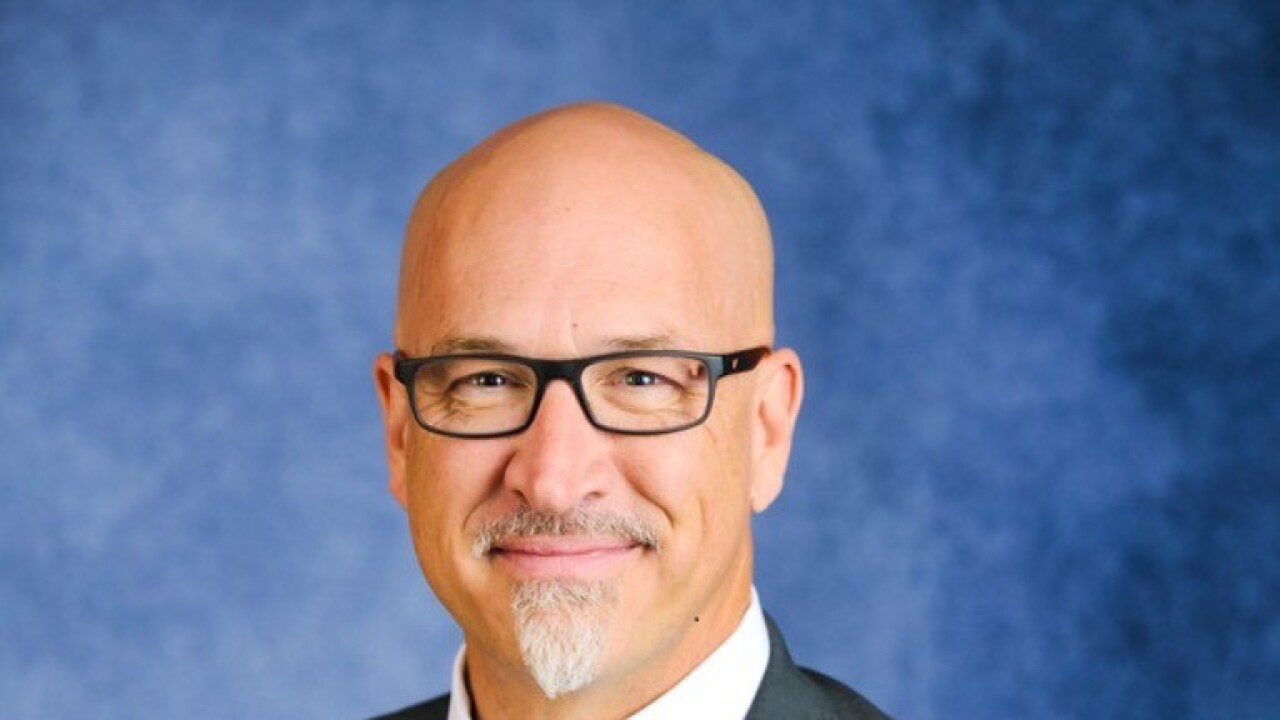The pandemic has proved that while hourly workers — whether grocery clerks, waiters, janitors or retail salespeople — are the backbone of the U.S. economy, employers often do not treat them accordingly.
With nearly 40 million people quitting their jobs last year, many from low-wage jobs in the food and service industries, it’s clear workers have had enough. As a result, many businesses are understaffed, leading to even more pressure on current workers — followed by more quits.
Anna Zappia, vice president of human resources at national car wash chain Mister Car Wash, believes that this negative feedback loop is only fair, given that these employers may be failing to meet their employees’ needs.
Read more:
“When individuals spend so much of their waking time in the workplace to make the company successful, we should be giving back to them and making their lives better,” says Zappia. “The fact of the matter is, employers have a responsibility to the well-being of their people.”
It’s this philosophy that motivates Zappia to push for more (and better) benefits on behalf of Mister Car Wash’s full-time and part-time hourly workers, which total over 6,000 employees across 396 locations in 21 states. This means including benefits that are relevant to high school students starting their first job, as well as to independent adults who may have families, Zappia explains.
“We have such a diverse population and people at all stages of their life,” she says. “So we want a good variety of benefits that would apply to anyone, like tuition reimbursement, scholarships, a 401(K) program and a free personal finance education program.”
While its healthcare benefits do not extend to part-time workers, full-time employees are offered a choice between a high deductible health plan and a preferred provider organization plan. While both plans feature average deductibles, Zappia does note that it’s important that the company continues to ensure employees take as little out of their paycheck as possible to pay their premiums. As of now, she estimates those with an HDHP pay $27 per paycheck, and those with a PPO pay $40. Both plans include access to virtual care at a zero-dollar copay.
Read more:
“When you talk about your frontline hourly workforce, they need to hold onto as much of their net pay as they possibly can,” Zappia says. “Our frontline workers are really the heartbeat of our company. We couldn't run our carwash without them.”
Mister Car Wash also updated its
Still, this means for a worker to get eight hours of PTO, they would have to work 240 hours. And this policy does max out at 48 hours the first year, meaning if a person’s full shift is eight hours long, they can get six days off maximum. Additionally, the company offers six weeks of paid parental leave after the birth or adoption of a child, but employees must have worked at the company for one year and put in 1,250 hours.
Beyond benefits, Zappia says a company’s offerings are only as supportive as their company culture — and employee retention often depends on how employers are empowering their team managers.
“Our culture starts with making sure our managers are treating people as individuals and making them feel part of the team,” says Zappia. “We encourage our managers to lead with their hearts, and truly care about any life situations that may come up for their team members.”
Read more:
Zappia says managers are given the resources to procure pants and shoes for team members who do not feel they can afford those items upon being hired. The company also boasts the Mister Cares Foundation, which is dedicated to helping employees who are experiencing unforeseen
Zappia acknowledges that, like all employers, Mister Car Wash can still find room to grow. She hopes to put more effort into mental health and child care assistance, given COVID’s impact on working parents and rising rates of depression and anxiety. In order for benefits to be beneficial to a workforce, Zappia says it’s essential for companies to keep adapting and updating.
“You’re washing cars — it’s not like you can work from home. So we know we need options for challenges like child care,” she says. “And even if someone doesn't stay with Mister Car Wash for a long-term career, we want to have a positive impact on someone's life and the time they spend with us.”






